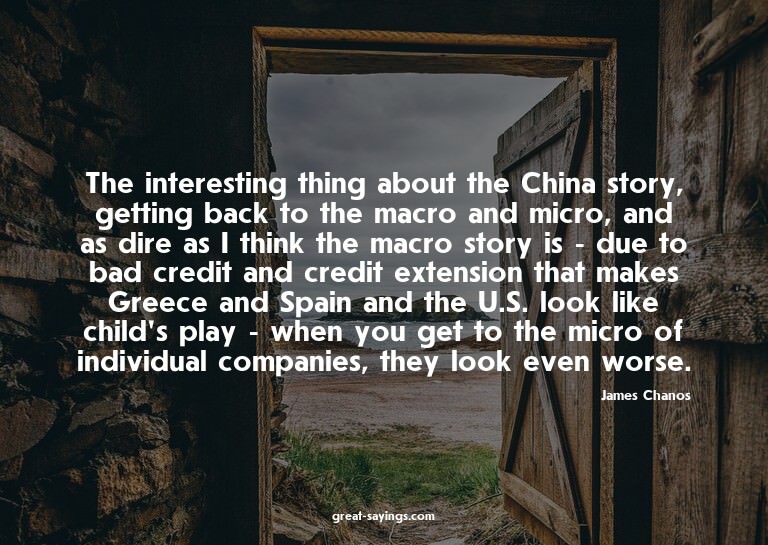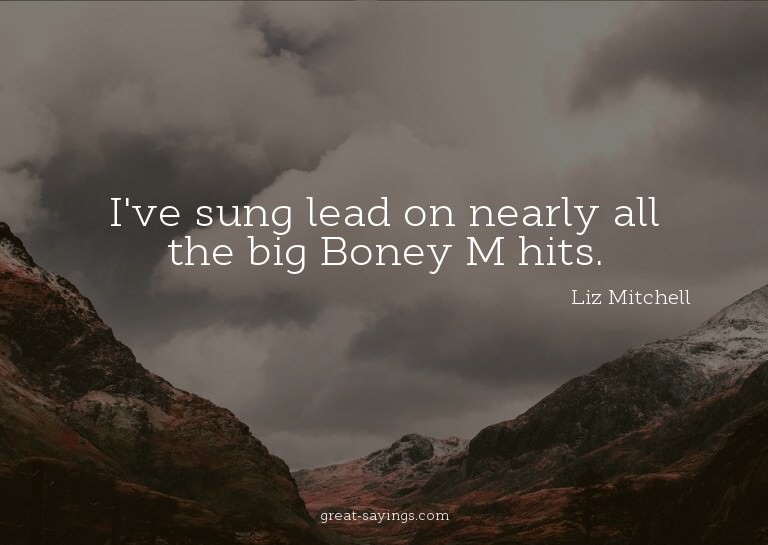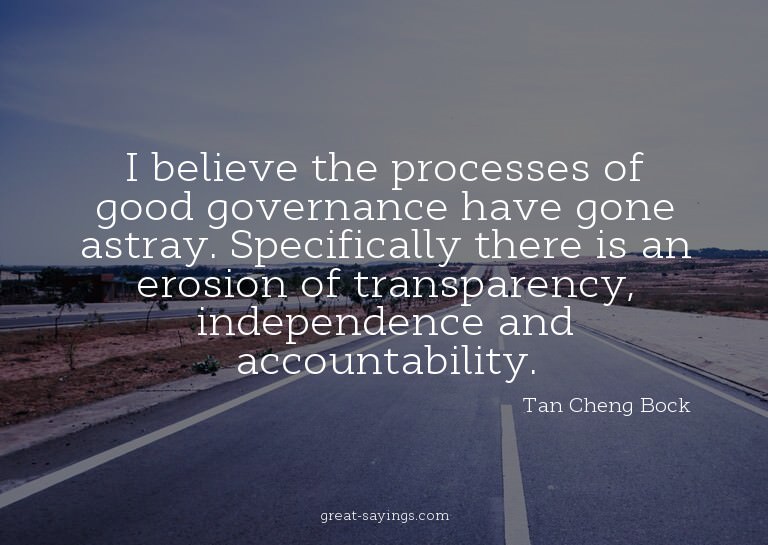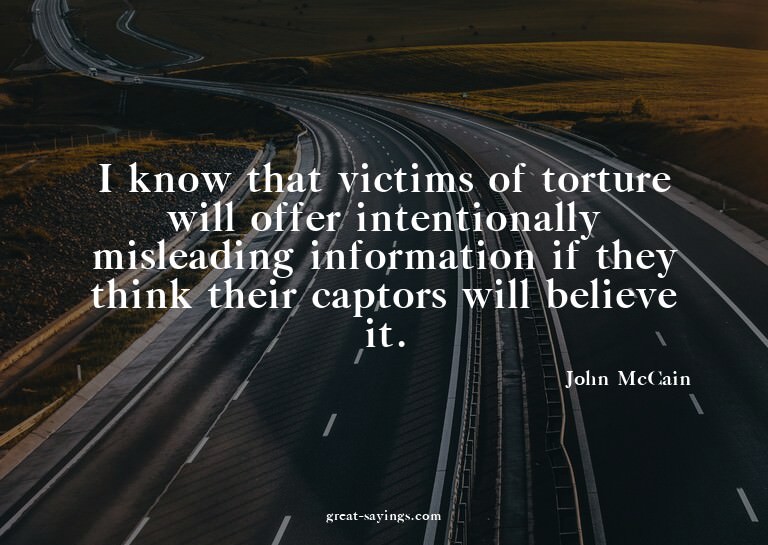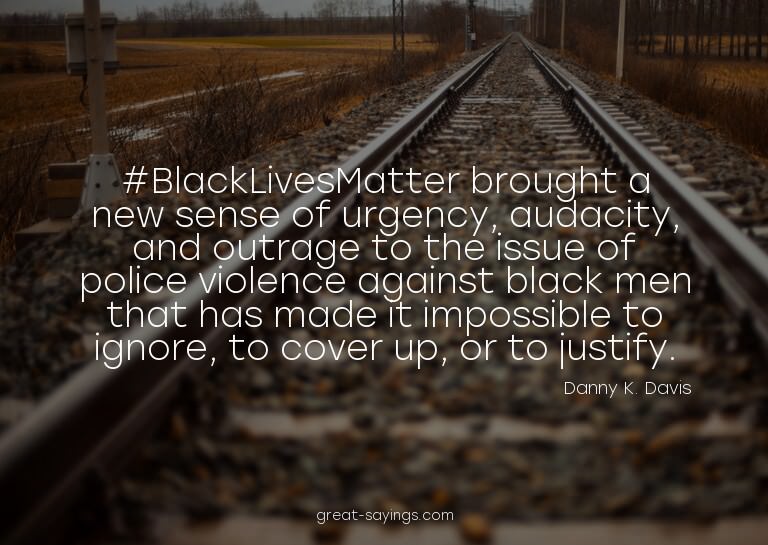Words matter. These are the best Paul DePodesta Quotes, and they’re great for sharing with your friends.
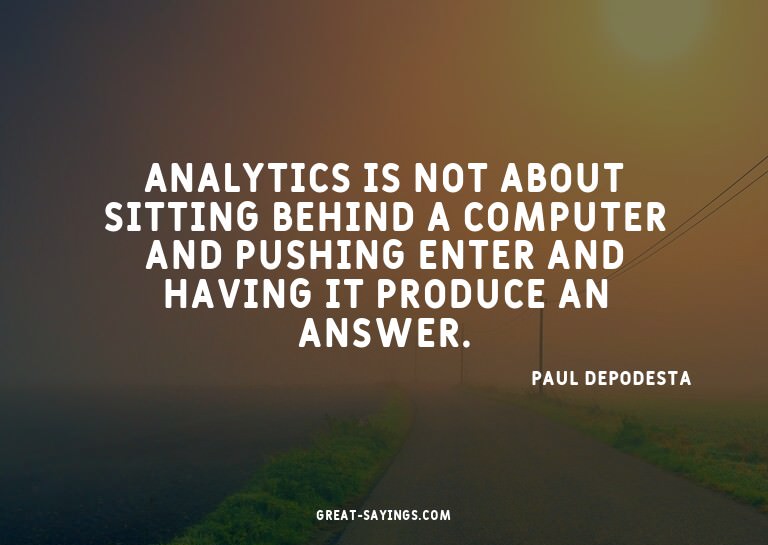
Analytics is not about sitting behind a computer and pushing enter and having it produce an answer.
In a given year, there may be two or three NFL-ready quarterbacks at the college level. In another year, there literally may be zero.
I played football in college and what I really wanted to do was be a football coach.
Cleveland and football have always held a special place in my heart.
I have a little experience in doing things that are unpopular.
Oftentimes the easy decision and comfortable decision is not the right one.
I was well aware of my limitations as a football player and knew that I needed every edge I could possibly get in order to compete. A big part of that was to be as precise as I could and make as few mistakes as possible because I figured that was the only way I could survive.
It’s one thing to be able to analyze something. It’s another to implement it or execute on a vision or even to get a whole bunch of people to rally behind it.
Admittedly, there will be an awful lot for me to learn, but I want nothing more than to help bring consistent, championship caliber football back to Cleveland.
Are there things you can do with the rest of your personnel or are things you can do schematically to help a quarterback? I think so. But at the end of the day, that quarterback still has to be a driving force of your team, especially if you want to be a consistent winner over time.
As the West Coast offense has spread out among the NFL, as all of Bill Walsh’s assistants and all of Mike Holmgren’s assistants have gone on to be head coaches, it’s all the West Coast offense, but it’s all a little different, tailored to the personnel or the coordinators or the resources each team has.
That’s sort of my mindset, more than anything else, whenever I get into anything new. I’m in this constant pursuit for new knowledge. I think I sometimes focus more on all the things that I don’t know and what I’m trying to figure out.
Baseball ultimately is a drama without a script. It’s the original reality TV.
Look, I loved working in baseball.
We have to make judgments on the individual players and we’re not always going to be right.
Even teams that win 110 games have stretches when they don’t play well.
It’s up to a manager to understand his players.
Scouts, by and large, are very industrious, very passionate and very loyal guys.
Whether baseball or football, we’re tasked in front offices with making decisions under uncertainty. How do you corral that uncertainty in a way to make more consistently better decisions? That’s very similar.
There aren’t 32 of them in the world that I think can be quarterbacks of Super Bowl champion teams. Supply is short.
There probably isn’t another position in all of team sports that I can think of that has the same level of import as the quarterback.
There are certain times when you see a guy, and you say, ‘He’s a big-leaguer.’
Circumstances change and you have to be proactive about changing with those circumstances.
In disciplines as disparate as baseball, financial services, trucking and retail, people are realizing the power of data to help make better decisions.
If you have to remind people you’re the boss, I don’t think you’re going to be a very effective leader.
A philosophy is important so that everyone is on the same page and there’s a consistency of message.
I got into baseball, and everyone just started calling me a geek, like, ‘There’s the nerd from Harvard.’ Then it took 20 years of working in baseball and me actually leaving and going to football for people to say, ‘He’s the baseball guy.’ So maybe at some point I’ll be known as a football guy too.
If I play my home games in Coors Field, I’m probably not going to be doing a whole lot of bunting. If I play my home games in Petco Park or Dodger Stadium, it’s probably going to be a more valuable tool.
I think the hardest part, and where we have to stay the most disciplined, as much as you want a player, you can’t invent him if he doesn’t exist.
Moneyball’ doesn’t have anything to do with on-base percentage or statistics. It’s a constant investigation of stagnant systems, to see if you can find value where it isn’t readily apparent.

